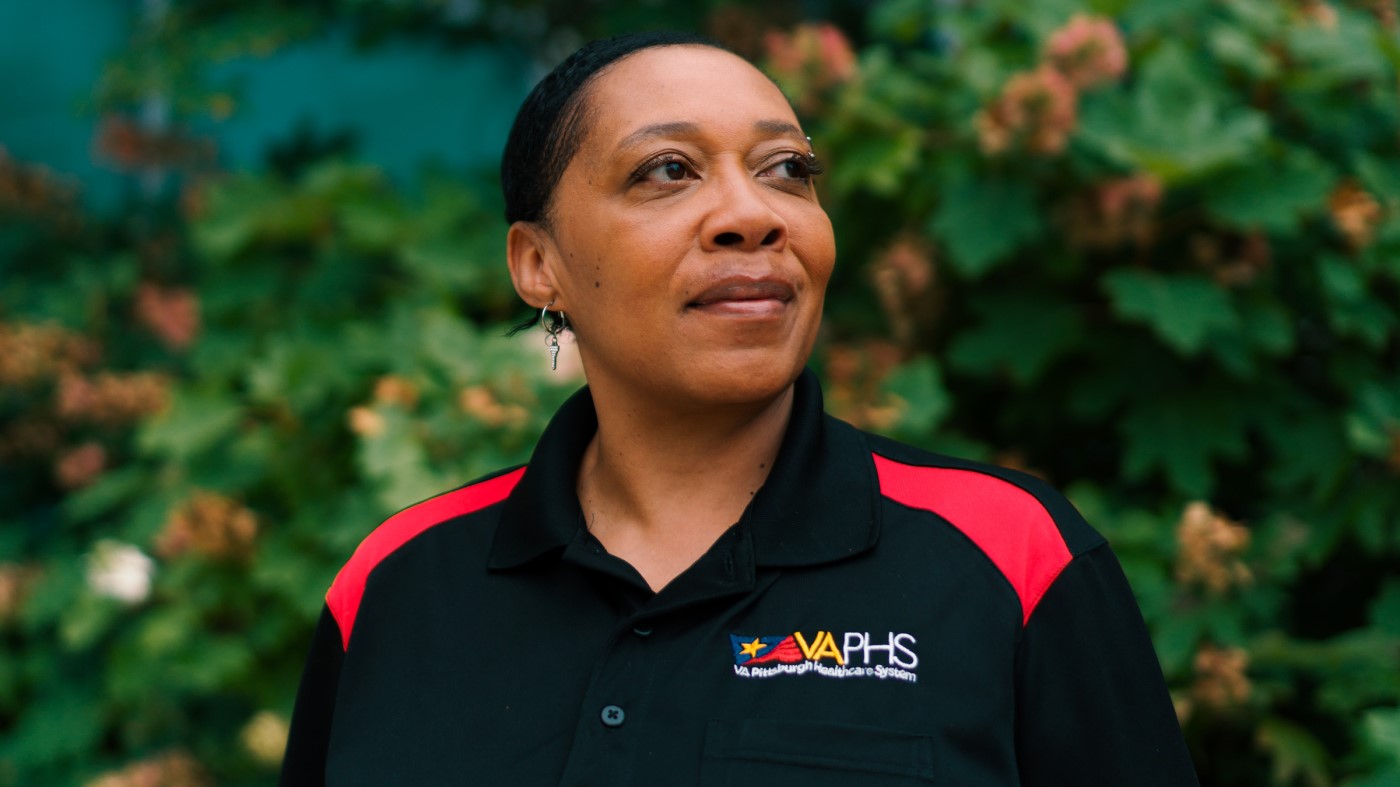Hunting for a post-military job can sometimes feel like a roller coaster.
There are some definite highs in the job search, like spotting the perfect position for you, landing an interview and receiving an offer. But unfortunately, there are also some lows mixed in – including the dreaded rejection letter.
While it may be disappointing, getting a rejection letter can actually help you in your job search. It offers you an opportunity to learn from the process and improve upon certain areas for the next dream job that crosses your path. But, while you’re looking for that next opportunity, how can you stay motivated for the next search?
While everyone will have their own process, here are our four strategies for rebounding from a rejection letter.
- Take a minute. There’s no denying it – rejection stings. It’s true in life, love and even work. Before you dive back into the job hunt, take some time to process your disappointment. Talk with friends or fellow service members, go for a walk, meditate, eat a whole bag of chips (okay, maybe not that last one). You might even need more than a minute. It’s okay to take a breather from your job hunt. Though it can be hard to step back when you’re facing the end of your military career, a pause may be the key to landing your first post-military job. “The best way to change things up is to take a break. You’ll come back refreshed, with a new perspective that can help you break through a mental block,” recommends job site The Muse.
- Keep perspective. Remember, there’s only so much you can control in a job search. Maybe you were a great candidate, but there was only one open position and a lot of great applicants. “Maintain healthy expectations about the process and don’t lose hope,” said James Marfield, associate director of VA’s National Recruitment Service. “It is not necessarily an indictment on your candidacy – it may just be that the hiring manager had better qualified candidates to choose from.” Also, it might feel lonely, but you’re not the only one going through this. While it may look from the outside like some people have it easy and catch all the breaks, everyone gets a rejection letter at some point in their career. Transitioning to a post-military career can be an especially big leap, but there are plenty of people who have successfully made the transition. Have faith that you will, too.
- Look in the rearview mirror. You got as far as an interview, so you know you’re doing a lot of things right. If you’re applying for a federal job like one at VA, you made it through the recruiter and were referred to the hiring manager, which is a big step. Your resume and cover letter are on point, and you’ve completed all the right federal forms to accompany your application. Before you dive back in to your job hunt, take some time to review your interview performance and see if there’s anything you could improve. Do you need to come up with better examples for VA’s performance-based interview format, or did you remember to send a thank you letter after your interview? Each interview is great preparation for the next one, but if you want even more practice, ask a friend or family member to rehearse with you.
- Move forward. Once the feeling of rejection starts to fade and you’re feeling positive again, jump back in to your search with renewed energy and enthusiasm. As you continue to apply, look for ways you can continue to add to your skills and improve your candidacy for a civilian career, whether that’s through volunteering, additional training or part-time work experiences. Veterans can take advantage of a free year of LinkedIn premium, which includes access to training through LinkedIn Learning. The Department of Defense also offers transition assistance for Veterans, including training, apprenticeships and internships through SkillBridge.
No roller coaster lasts forever – even the job search coaster. While there may be more than one “no” along the way, all you need is one “yes” to land your dream post-military job.
Work at VA
If you’re looking for your first civilian job after your military career, consider VA. You’ll develop a meaningful career working alongside other former service members while helping to improve health care for fellow Veterans.
- SEARCH for open positions near you.
- EXPLORE the benefits of a VA career.
- LEARN MORE about VA careers for transitioning military.
- HEAR Kristina Snell talk about the ICT program for former service members.
Topics in this story
More Stories
If you’re looking for an opportunity to provide care to Veterans outside a traditional clinical setting, Home Based Primary Care (HBPC) is a great option.
A key part of your job search is finding the right fit for you and your skills, and workplace culture can impact that dramatically.
VA offers numerous pathways into mental health careers, including scholarship opportunities for college students. Learn more.







If you’re lucky enough to get one. In my past 2-year job search, 97% of the prospective employers didn’t have the common courtesy to send me a rejection email/letter